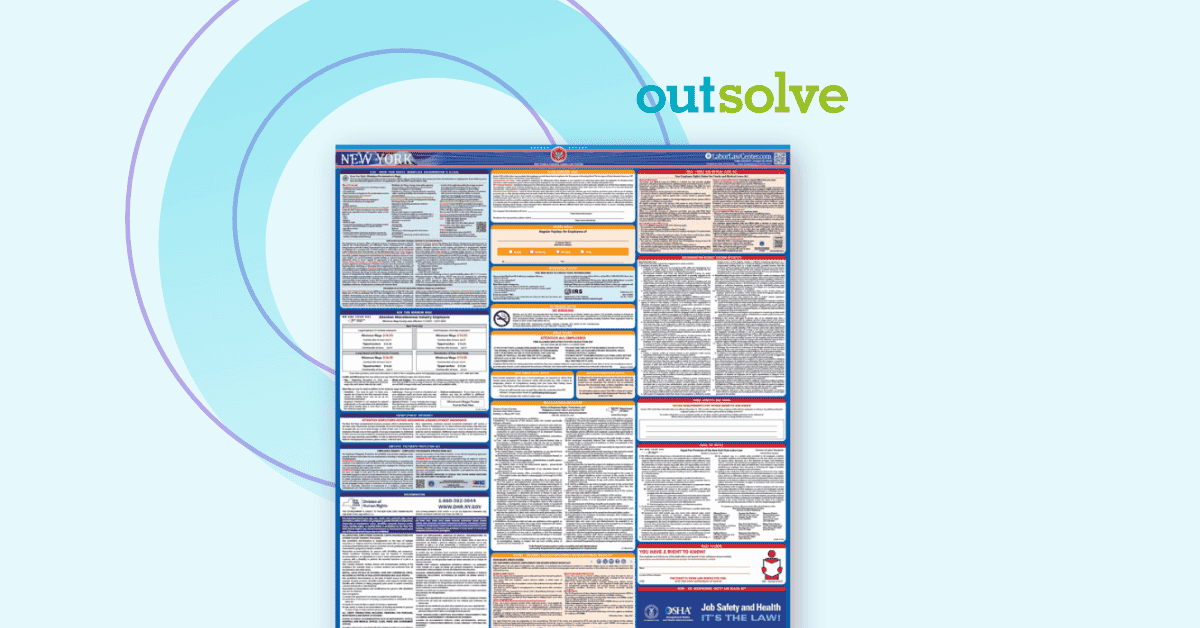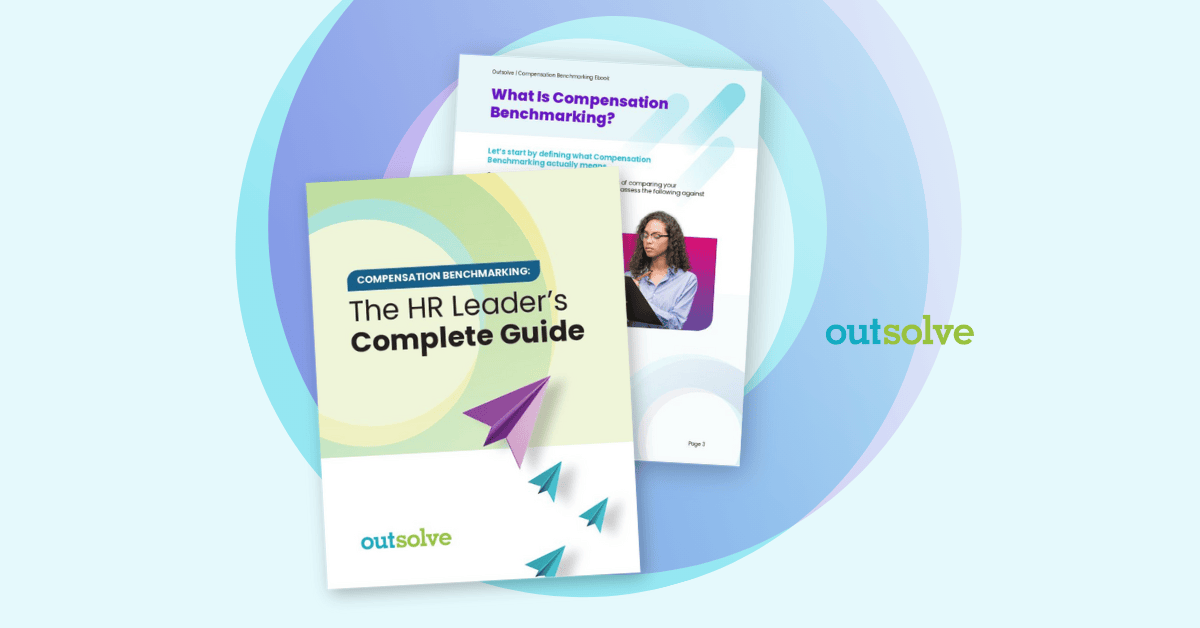Spring is finally here. It’s a time of renewal and new beginnings. The trees are budding and the flowers are blooming. Seeing all of the new life is exhilarating. In addition, people are getting vaccinated against Covid and we may be able to see one another again soon.
Many companies are beginning to call employees back to work and hiring new employees. Although the manner in which companies hire may be different, the hiring process may still be the same. Interviews may be virtual rather than in person. Let’s remember what things should be kept in mind when hiring.
The first step in the hiring process is the posting for the position. This is a good time to review the position description to make sure that is it accurate and correctly outlines the essential functions of the job. Subjective criteria are problematic in job postings. Phrases like, “must be good with people” and “must be an effective communicator” both lend themselves to subjective evaluations.
It is a best practice to have a list of questions asked of all applicants. Focusing the questions on the qualifications for the position to be filled is a good idea. Using the job description for the vacant position in order to formulate the questions is one way to make sure the questions are job-related. Clear and concise questions are the best way to elicit information from applicants. If the company uses testing in the application process, the tests should have been validated and the test questions should be consistent with job requirements.
Notes made during the application process must be maintained. All notes should be legible, signed and dated. The notes can buttress a company’s position about why an applicant was rejected or hired. Without documentation, companies may be hard-pressed to show why hiring decisions were made.
There are only a few prohibited questions from the perspective of the statutes enforced by the Equal Employment Opportunity Commission (EEOC). Those questions are related to disability and genetic information. Some questions that might be considered to be disability-related are, “Have you ever been hospitalized?” and “Have you been treated for any illnesses in the past year?” These two questions could be violations of the Americans with Disabilities Act of 1990 (ADA). Genetic information may come up in the following way. An applicant could be asked about a gap in employment. If the applicant responds by saying that they took off to care for a relative who had a condition like breast cancer and the interviewer follows up by asking the applicant if they have been tested for the gene, there could be a violation of the Genetic Information Non-discrimination Act (GINA). Although there are few prohibited questions, employers should be careful about other questions asked. That is why having an interview guide with the questions is a best practice.
Keeping accurate records during the application process could make responding to a charge of discrimination much easier. If a charge is filed, in all likelihood, an applicant flow log will be requested. Having a method to track your applicant flow will make providing this information much easier. Notes of interviews and application packages will also be requested.
If you have questions about hiring and the statutes EEOC enforces, feel free to reach out to me at eeoadvantage@gmail.com or (502) 553-7648. And, enjoy Spring!
President at EEO Advantage, LLC
Recent Posts

New Executive Orders May Require Labor Law Poster Updates

HR Compliance Checklist: What Every HR Pro Needs to Know
Related Posts

Employer Responsibility: Workplace Non-Discrimination Under Federal Law
The world of employment law continues to change. For HR, staying informed about employment law changes and their implications is crucial. One of the...

Compensation Benchmarking: The HR Leader’s Complete Guide
Setting salaries can feel like a guessing game. If you pay employees too little, they leave for better offers. If you pay too much, you strain your...

6 Steps to Conduct a Pay Equity Audit
Fair and equitable compensation practices are not just a matter of compliance—they’re necessary for attracting and retaining top talent and for...
 Toni Ahl
Toni Ahl


